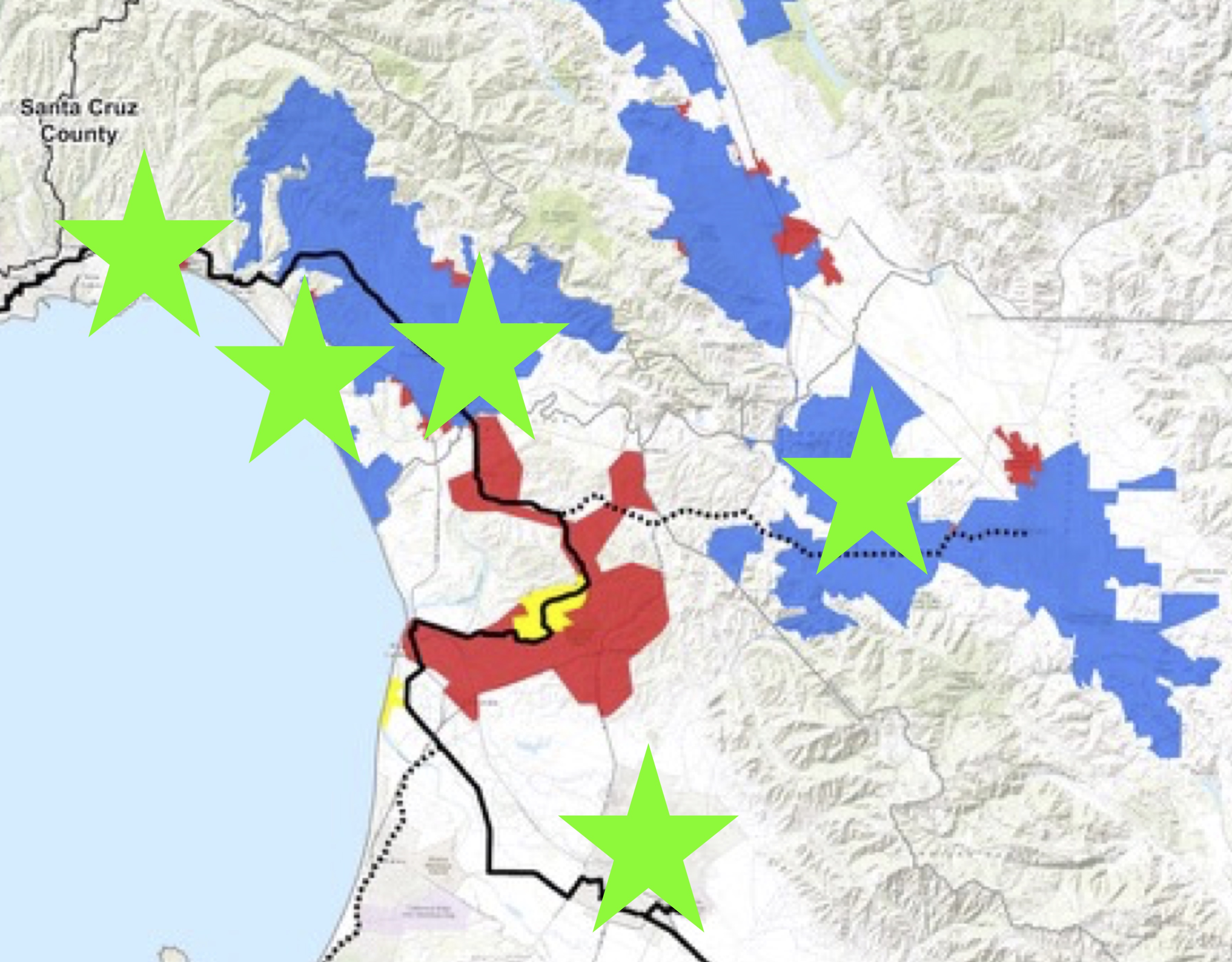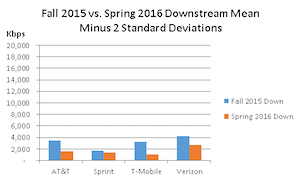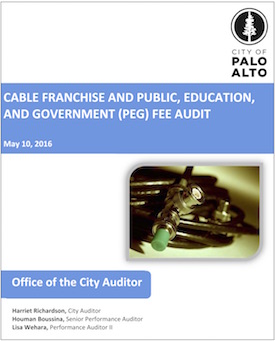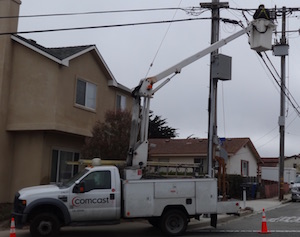Shifting spectrum from TV to mobile broadband still looks expensive
![By Infrogmation (Own work) [GFDL (https://www.gnu.org/copyleft/fdl.html) or CC BY 2.5 (https://creativecommons.org/licenses/by/2.5)], via Wikimedia Commons](https://www.tellusventure.com/images/2016/10/tv_basura.jpg)
Broadcasters have reduced their selling price by $32 billion in the second round of the Federal Communications Commission’s incentive auction, which ended yesterday. Even so, there’s still a big gap between that and what mobile broadband carriers were willing to pay in the first round.
The auction is aimed at moving legacy TV stations off of prime UHF real estate so mobile broadband companies can use the bandwidth instead.
The second, reverse round of the auction began last month, with 90 MHz of prime mobile broadband spectrum on the line (and another 24 MHz for unlicensed uses and guard band duty).… More



![Lars Sørli, Bjerke videregående skole [GFDL (https://www.gnu.org/copyleft/fdl.html) or CC BY-SA 3.0 (https://creativecommons.org/licenses/by-sa/3.0)], via Wikimedia Commons](https://www.tellusventure.com/images/2016/10/splits.jpg)




![By victoriapeckham (Flickr) [CC BY 2.0 (https://creativecommons.org/licenses/by/2.0)], via Wikimedia Commons](https://www.tellusventure.com/images/2016/10/palm_umbrella.jpg)
